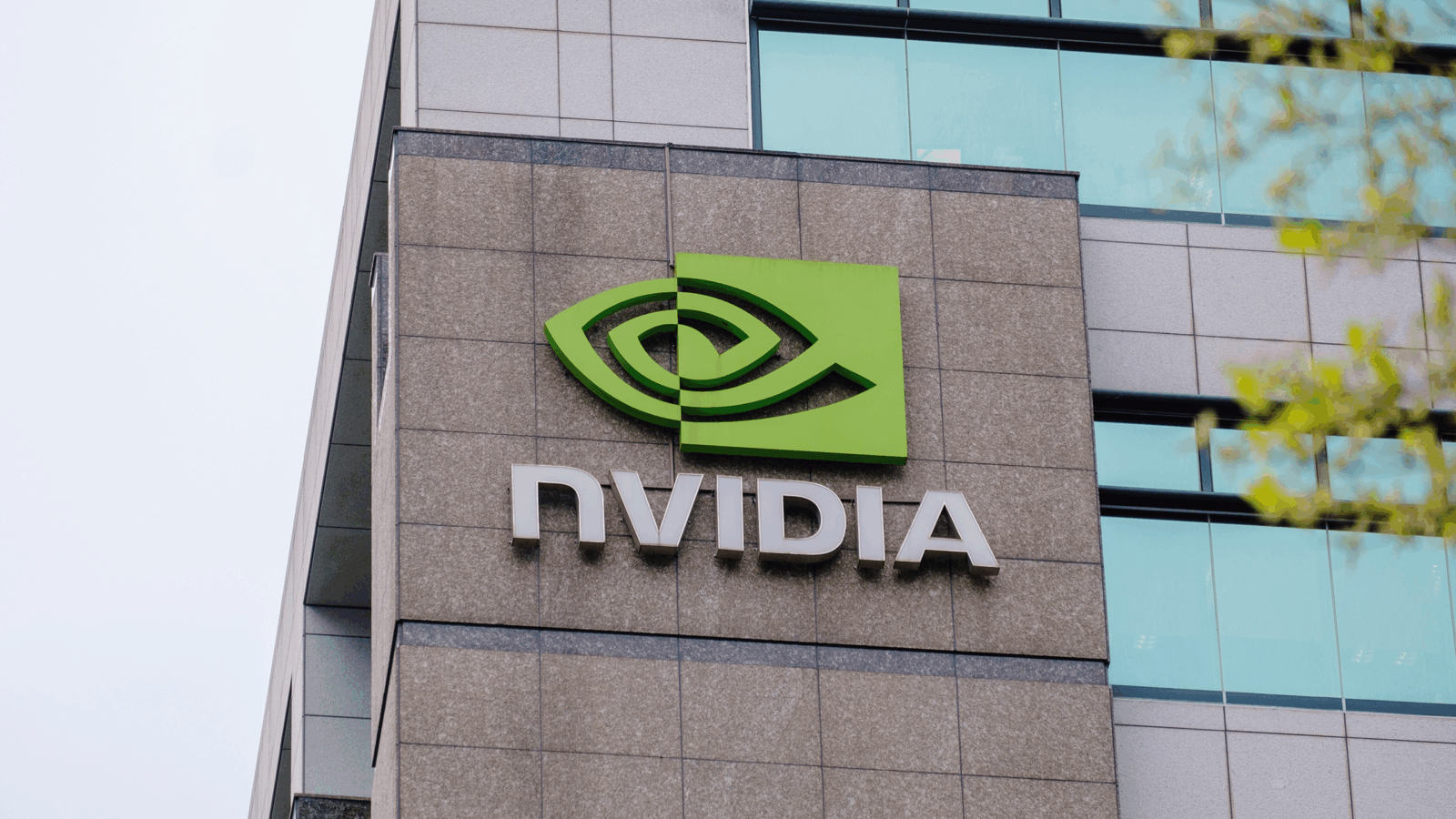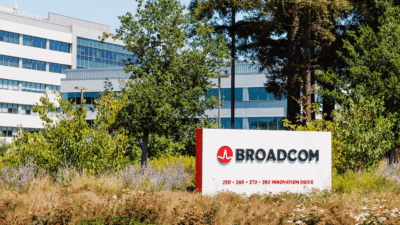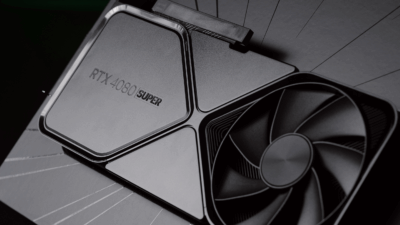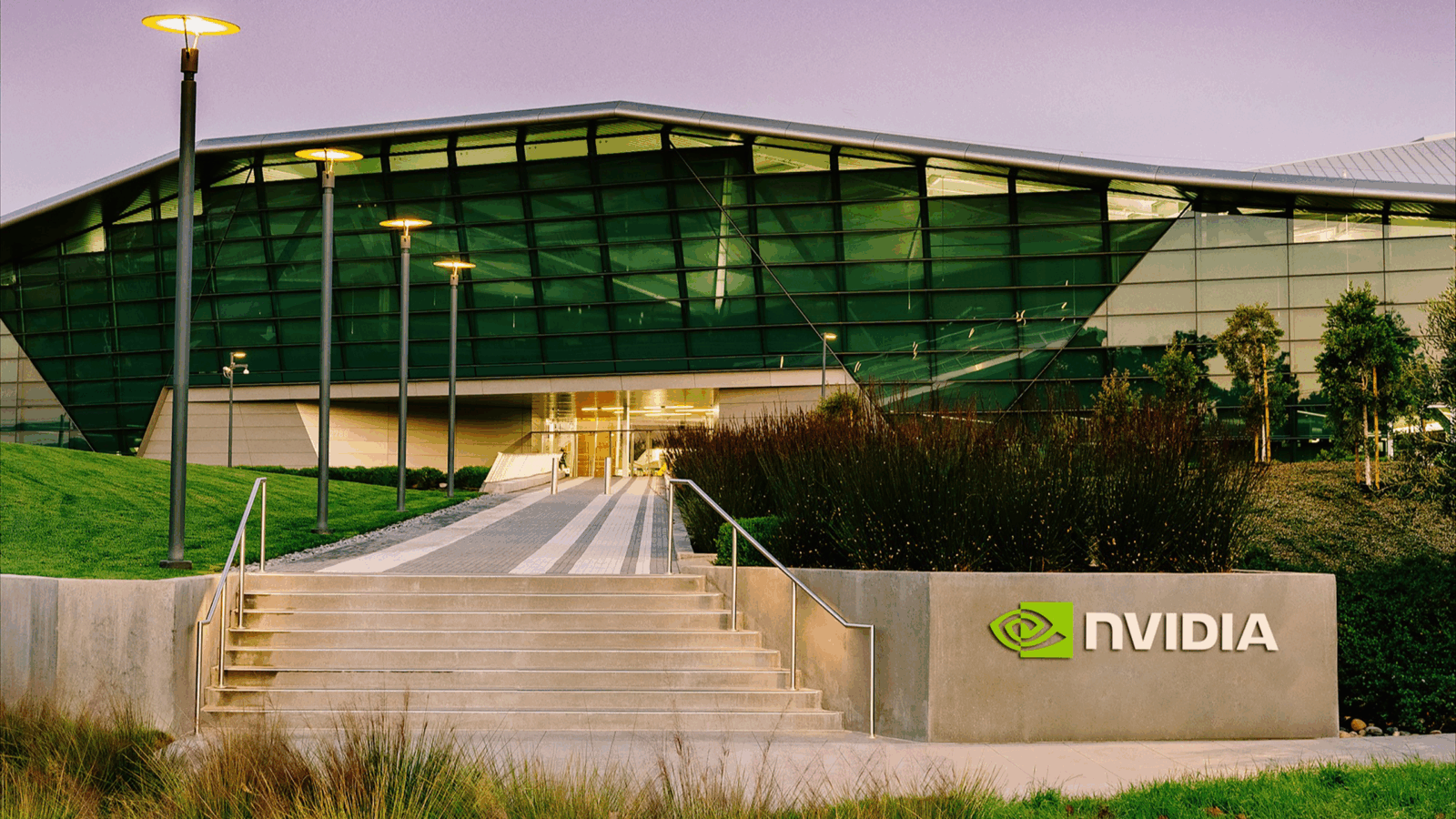Chip Designer Synopsys Acquires Ansys For $35 Billion
Semiconductor-design software maker Synopsys stepped into the Matrix on Tuesday to acquire Ansys, maker of powerful simulation software.
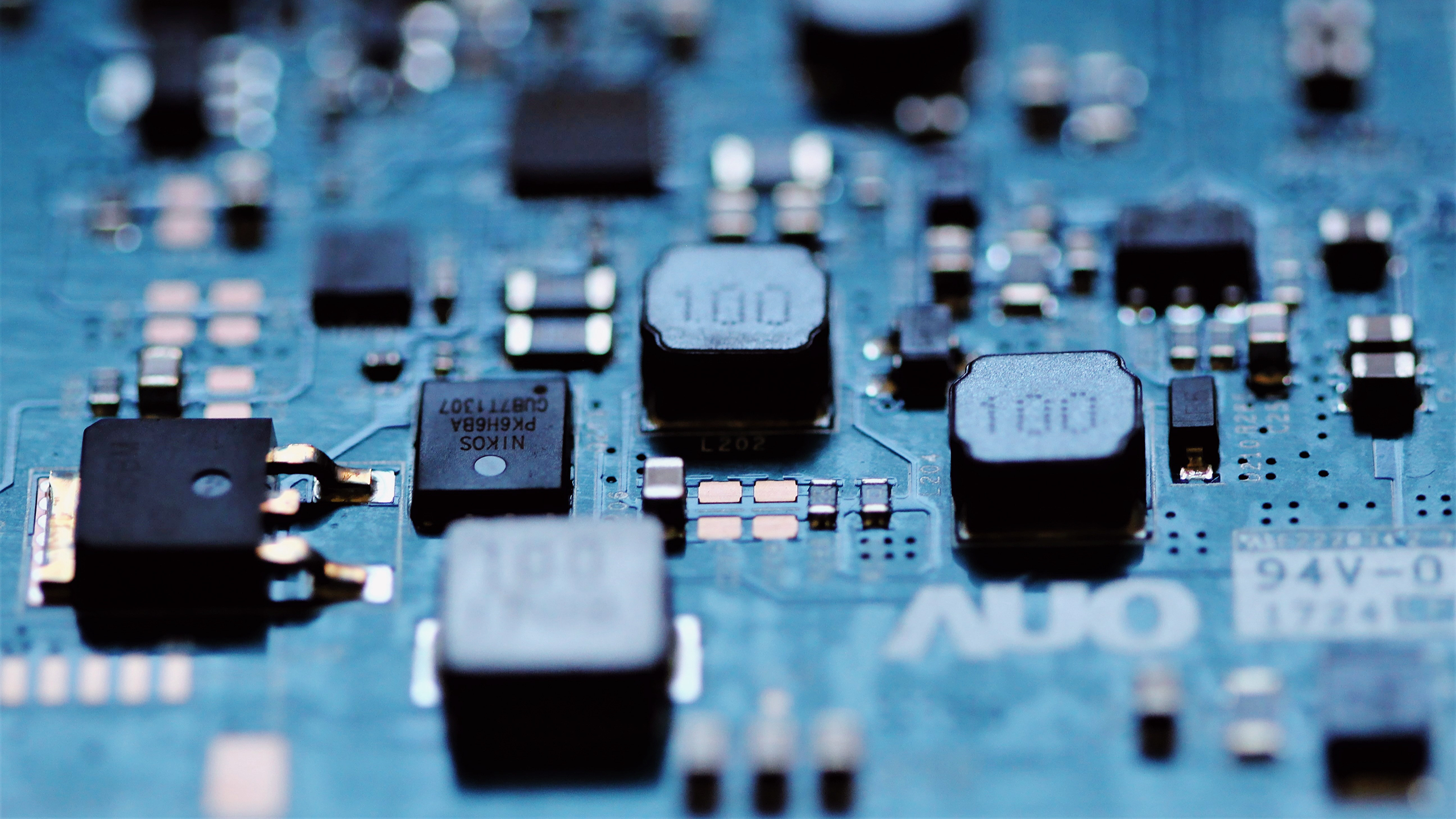
Sign up for smart news, insights, and analysis on the biggest financial stories of the day.
This is not a simulation.
Semiconductor-design software maker Synopsys stepped into the Matrix on Tuesday to acquire Ansys, maker of powerful simulation software used by engineers and manufacturers. The price tag: a very real $35 billion.
Chip Off the Block
It may be a match made in Silicon heaven, and was a long time coming: The two companies have been R&D partners since 2017 and have sold software together since 2019. And it’s easy to see why. Synopsys’ software is used to design semiconductors and other pieces of expensive and extremely expensive hardware. More importantly, it’s one of just two major players offering software that chip designers use to outline and test various ways that multiple chips can exist in the same circuitry. That means Ansys, whose software features a particularly useful physics simulator used for structural analysis, offers an almost perfectly complementary product.
“When you’re stacking these chips on top of each other, the big challenge [chip-makers] are having is structural, mechanical stress,” Synopsys CEO Sassine Ghazi told The Wall Street Journal, “It’s like building a building.” Bloomberg Intelligence analyst Niraj Patel labeled the deal a “strong strategic fit” for Synopsys. After Reuters first reported inklings of a possible tie-up last December, it seems the details have finally been settled:
- Ansys shares will be valued at about $390, or about 35% above their 60-day volume-weighted average price as of December 21. That gives the company an enterprise value of about $35 billion; Synopsys will pony up about $19 billion in cash (including $3 billion in debt) in the cash-and-stock deal.
- With Ansys in-house, Synopsys says it projects its total addressable market to grow by 50% to $28 billion.
Spirit in the Sky: It’s hard for any multi-billion dollar deal to sneak by these days without even a glance from the newly re-energized antitrust regulators at the Federal Trade Commission and Department of Justice. Ghazi, for his part, told the WSJ that leaders at both companies are “fairly confident” that gaining regulatory approval would be a manageable process. But M&A confidence only goes so far. Also on Tuesday, a federal judge blocked JetBlue’s planned $3.8 billion acquisition of Spirit Airlines, saying a deal would limit industry competition and likely harm price-conscious consumers who like Spirit’s cheap tickets. Fittingly enough for two airline companies, it seems this deal flew too close to Lina Khan’s antitrust sun.
